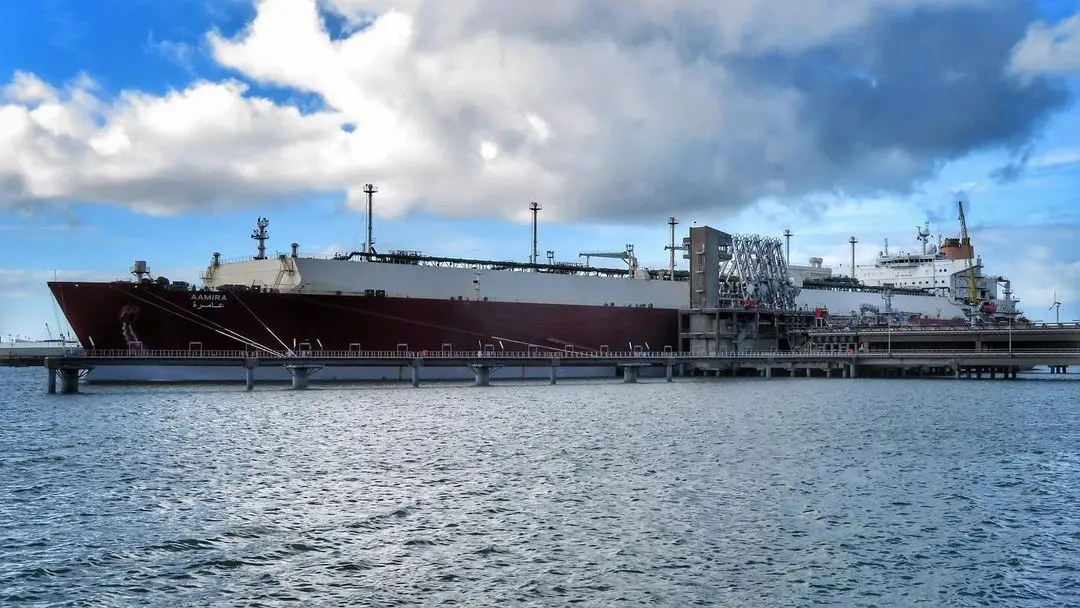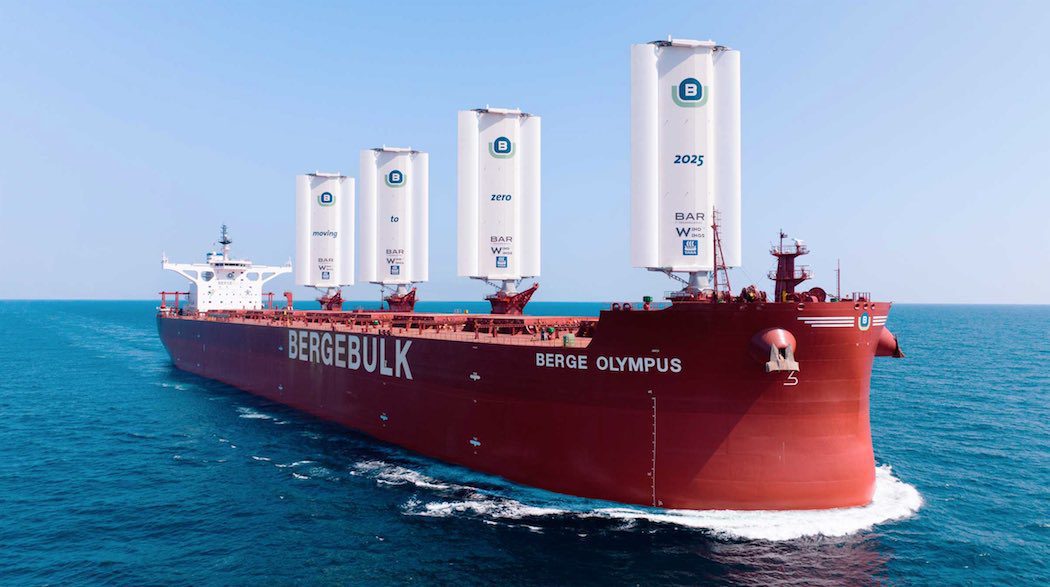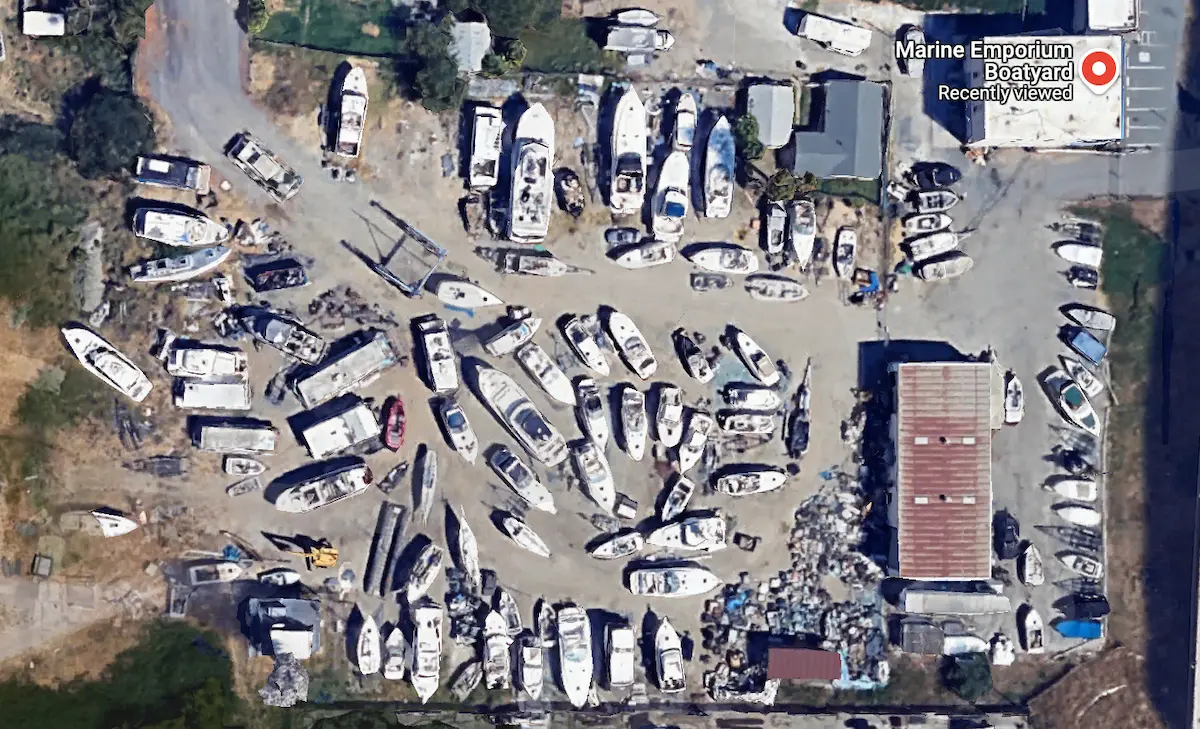A Fourth Engineer, also known as a junior engineer, plays an essential role in maintaining the ship’s engine room operations. This position is just below the second and third engineers and acts as a stepping stone to more senior roles. After completing training and earning the necessary STCW certification, a fourth engineer takes on critical operational and maintenance duties.
Primary Responsibilities of a Fourth Engineer
Engine Room Watchkeeping
Fourth engineers are responsible for engine room watchkeeping, which involves monitoring machinery performance, conducting routine checks, and reporting issues. They assist in ship maneuvering, ensuring smooth engine operations during tasks such as docking and undocking.
On ships fitted with UMS (Unattended Machinery Spaces) systems, where the vessel has the appropriate class notation from classification societies like ABS (American Bureau of Shipping) or DNV (Det Norske Veritas), engineers can monitor systems remotely. In such vessels, engineers rely on automated systems and are alerted to any machinery malfunctions or issues via alarms.
UMS systems must comply with strict standards set by classification societies like ABS or DNV to ensure safety and reliability. Engineers are required to maintain and regularly inspect these automated systems, ensuring that they meet the standards outlined in class notation guidelines, such as the ABS Guide for Automation Notations or DNV Rules for Classification – Automation Systems. While the ship operates under UMS, the fourth engineer remains on-call to handle any alarms and must perform physical checks during designated periods to ensure all systems function smoothly.
Cargo-Related Machinery Oversight
The fourth engineer supervises cargo handling machinery like cranes and ballast systems, ensuring efficient cargo operations. They manage the ballast water treatment system, which is essential for maintaining compliance with MARPOL regulations to prevent environmental pollution. They also monitor auxiliary engines to ensure consistent performance and reliability during cargo handling.
Reporting to Senior Engineers
Reporting to the Chief Engineer and Second Engineer is a crucial responsibility for the fourth engineer. They inform senior officers about machinery performance, emerging issues, and necessary repairs. This communication helps ensure timely decision-making, especially during emergencies or critical operations.
Maintenance and Repair Duties
Machinery Supervision
A fourth engineer oversees the maintenance and repair of essential machinery such as air compressors, centrifugal purifiers, and fuel transfer pumps. On some vessels, they may also manage sewage treatment systems, ensuring proper functioning and compliance with environmental standards.
Planned Maintenance Schedules
Fourth engineers follow the ship’s Planned Maintenance System (PMS), ensuring all critical machinery is serviced regularly to avoid breakdowns. They keep detailed records of machinery performance, maintenance activities, and repairs to assist in audit processes and compliance inspections.
Fuel and Oil Transfers
Fuel bunkering operations and oil transfers fall under the fourth engineer’s supervision. They monitor fuel levels and oil consumption, maintaining accurate logs and ensuring compliance with regulations such as MARPOL. Proper fuel management reduces the risk of operational delays and machinery breakdowns.
Onboarding and Initial Duties
Vessel Onboarding Checklist
Upon boarding a new vessel, the fourth engineer performs a detailed handover from the previous officer. This includes checking the condition of key systems like pumps, purifiers, and auxiliary engines, along with reviewing spare part inventories. This inspection ensures a smooth transition and prevents any gaps in machinery management.
Initial Machinery Inspections
As part of initial checks, the fourth engineer inspects critical systems, including the bunkering system, bilge discharge, and sludge discharge systems. Daily soundings of fuel tanks are conducted to ensure that fuel reserves are adequate, and machinery is prepared for daily operations.
Environmental and Safety Compliance
MARPOL Compliance and Pollution Prevention
A fourth engineer plays a vital role in ensuring that the ship complies with MARPOL regulations, particularly regarding oil discharge and waste management. They manage oil-water separators and ensure that bilge systems operate efficiently, minimizing the risk of pollution. Keeping accurate records, like the Oil Record Book, is mandatory for audits and inspections.
Participation in Safety Drills
Safety drills are critical onboard, and the fourth engineer participates actively in these exercises. They assist the Chief Engineer in checking safety systems, such as fire suppression units, lifeboat engines, and emergency generators, to ensure everything is operational in case of an emergency.
Key Performance Indicators and Expectations
No Overdue Maintenance
One of the key performance indicators (KPIs) for a fourth engineer is ensuring that no critical machinery maintenance tasks are overdue. Regular checks and adherence to the PMS system help maintain operational efficiency.
Critical Machinery Supervision
Critical equipment, such as purifiers, compressors, and auxiliary engines, must be in top condition. The fourth engineer plays a pivotal role in ensuring this machinery is operational, thus minimizing the risk of breakdowns and delays.
Spare Parts Management
Maintaining adequate stocks of critical spare parts, such as gaskets, filters, and bearings, is essential. Fourth engineers must regularly monitor and manage spare part inventories to ensure the availability of necessary components for repairs.
Salary Overview for Fourth Engineers
Salary Based on Vessel Type
Salaries for fourth engineers can vary depending on the vessel type:
- Bulk carriers: $2400 – $3600/month.
- LNG/LPG tankers: $3500 – $4200/month.
- Chemical tankers: $3500 – $4000/month.
- Crude Oil/Product tankers: $2800 – $3800/month.
Factors Influencing Salary
Salary levels can also vary based on experience, the complexity of the vessel, and additional responsibilities taken on by the fourth engineer. Specialized vessels, such as LNG carriers, tend to offer higher pay due to the demanding nature of operations and stricter compliance regulations.
Training and Career Progression
Becoming a fourth engineer requires completing a maritime engineering degree followed by STCW certification. With further training and experience, fourth engineers can progress to third or second engineer roles, eventually qualifying for the position of Chief Engineer.
- Types of Gas Carriers as per IGC Code – April 22, 2025
- Wind-Assisted Propulsion Systems (WAPS): A Game Changer for Maritime Decarbonization – February 6, 2025
- 10 Boat Salvage Yards in California – January 25, 2025



